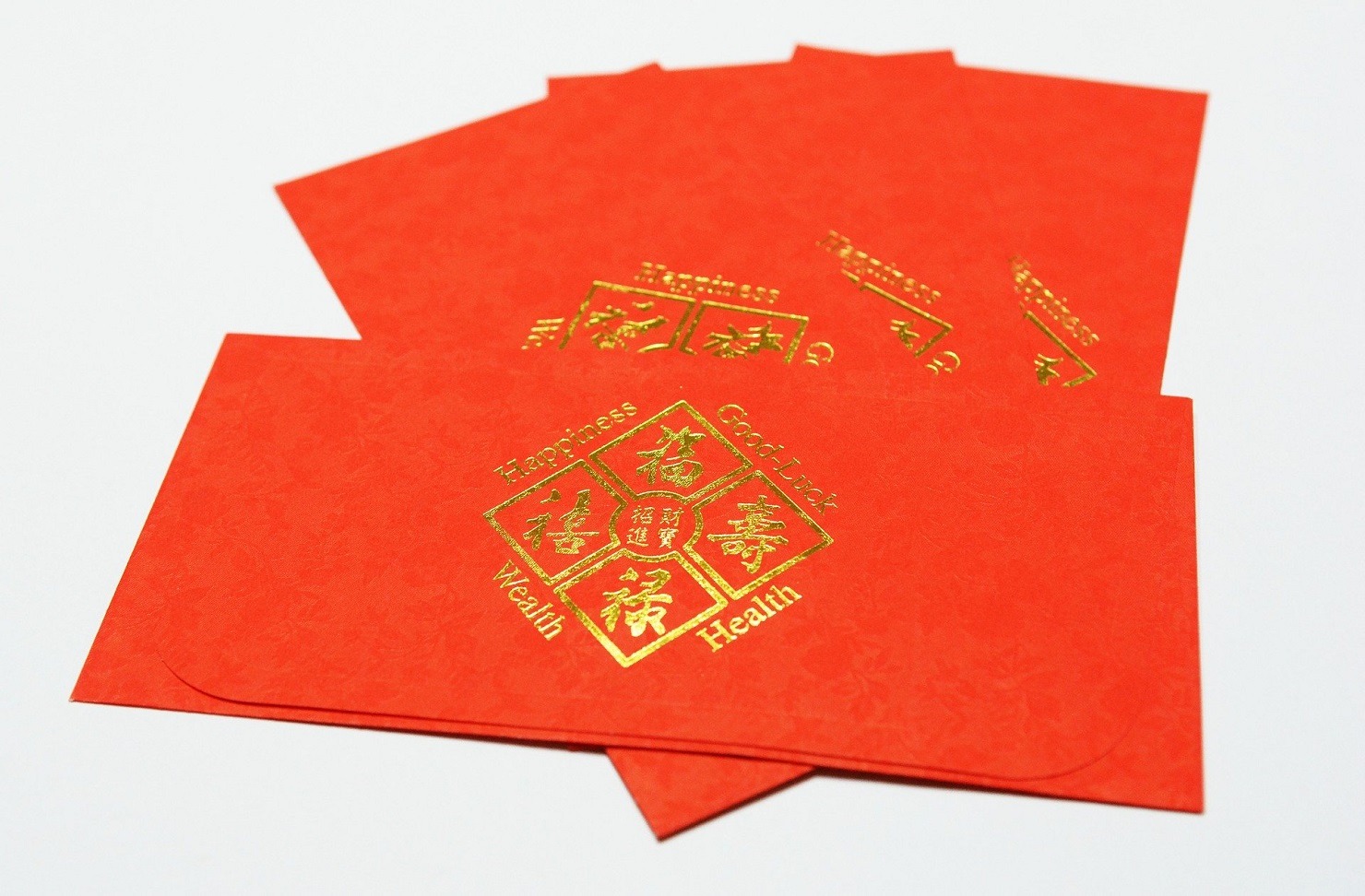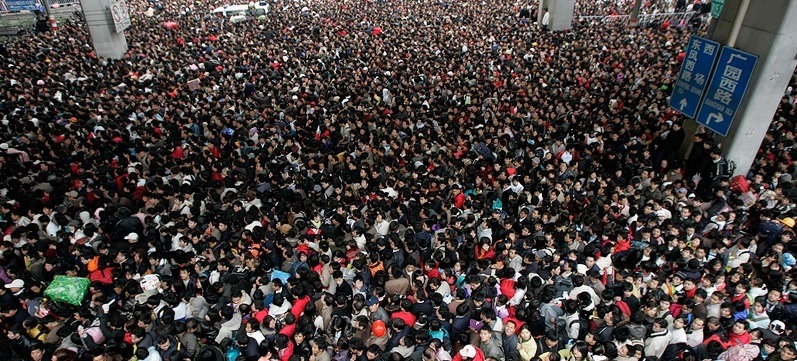
CNY Brief Guide for the Foreign Businessmen in China
The Chinese New Year, also known as the “Spring Festival”, is the most important and longest Chinese holiday in the Chinese calendar, and is celebrated by one-sixth of the world’s population. During the “Golden Week” of celebrations, China’s economy comes to a standstill. For foreign businesses who work in China or with Chinese partners, understanding this important time of year can prove crucial to building relations with Chinese customers, employees and suppliers.
The year of the rat in the Chinese calendar
Although daily life in China runs according to the Gregorian calendar, just as the Western World, traditional holidays and events are set according to the traditional Chinese calendar. The ancient Chinese calendar also has 12 “zodiacs”, but unlike the western calendar, these zodiac signs represent years rather than months. For instance, at present, the year of the pig ends and the year of the rat is about to begin.
It is true that thoughts of rats evoke negative connotations. But in the Chinese culture rats are conceived as a symbol of wealth and intelligence and people born in the year of the rat are considered smart, fast-thinking, optimistic and stubborn.

Holiday characteristics…
- Noise: Fireworks are heard throughout the week in the build-up to the main celebration of the Chinese New Year which consists of the biggest single fireworks display in the world. Noise, according to the traditional custom, is intended to scare and drive away evil spirits.
- Density: Spring Festival creates the world’s largest human migration wave. Millions of Chinese people go on vacation and crowd the streets, the airports and the trains.
- Fragrance: The days prior to the holiday are dedicated to cleaning. However, on New Year’s Day people usually do not take showers. For the next 5 days, there is no sweeping of the house or garbage disposal, so as not to discard the good fortune.
8 Tips to keep you intact through the holiday season
- Greetings delivery
As part of maintaining and deepening business relations, send New Year’s greetings to clients, suppliers, employees and acquaintances in China. Try to formulate the greeting as a personal message, but make sure to use general greetings as well. Here are some useful options:
- Happy new year – Xīn nián kuài lè (新年 快乐)
- Happy new year (literal meaning – celebrate the new year well) – Guò nián hǎo (过年 好)
- Happiness and prosperity (literal meaning – congratulations and enrichment) – Gōng xǐ fā cái (恭喜 发财)
- Good health – Shēn tǐ jiàn kāng (身体 健康)
- Business flourishes – Shēng yì xīng lóng (生意 兴隆)

- Red envelopes
In many places, it is common to gift employees with red envelopes or packets containing money. The amount can be any amount consisting of the lucky number 8. The red packets are a symbol of good luck. This is one of the most important holiday customs but today a large part of the red envelopes is sent virtually, mainly through the Wechat App.
. - Even number presents
If you want to bring gifts, prepare them in even numbers, for example, 2 or 4 bottles of wine, but not 3 of them. Odd numbers are notoriously viewed as unlucky in Chinese culture.
. - Supply chain preparation
Make sure you have enough stock prepared. It is not recommended to plan imports or exports just before the holiday, and certainly not during it. There is a significant slowdown in customs and in all shipping and distribution processes in the weeks before and after the holiday, and on the holiday itself everything comes to a standstill.
. - Do not talk about money
During CNY holiday it is not advisable to talk about money or demand a repayment of debt, nor is it acceptable to lend money as this is considered a sign of bad luck.
. - Colorful attire
If invited to a family or a traditional celebration, you may want to avoid wearing black or white- colors which are associated with mourning, and are less suited to capturing the holiday spirit.
. - Spending time together
On the last day of the holiday, China celebrates the Lantern Festival. The whole country is decorated with colorful lanterns, and it is customary to go out in the evening to watch the lanterns, the full moon and also to solve special traditional riddles.
. - You should know
The third day of the holiday is considered a bad luck day, so Chinese people usually avoid social gatherings on this day.
During the holiday, there is a complete change of routine in China. Companies are required to prepare for these significant days, culture-wise and business-wise. You are invited to learn more about preparing your supply chain for Chinese New Year (CNY), where you will also find a 2020 China calendar to download.
We at PTL Group wish you the very best in your Chinese New Year celebrations and a prosperous year of the rat.




